My Cultural Diet (July 2022): The Expanse, Stranger Things, The Chronicles of Prydain, Ms. Marvel, Godzilla
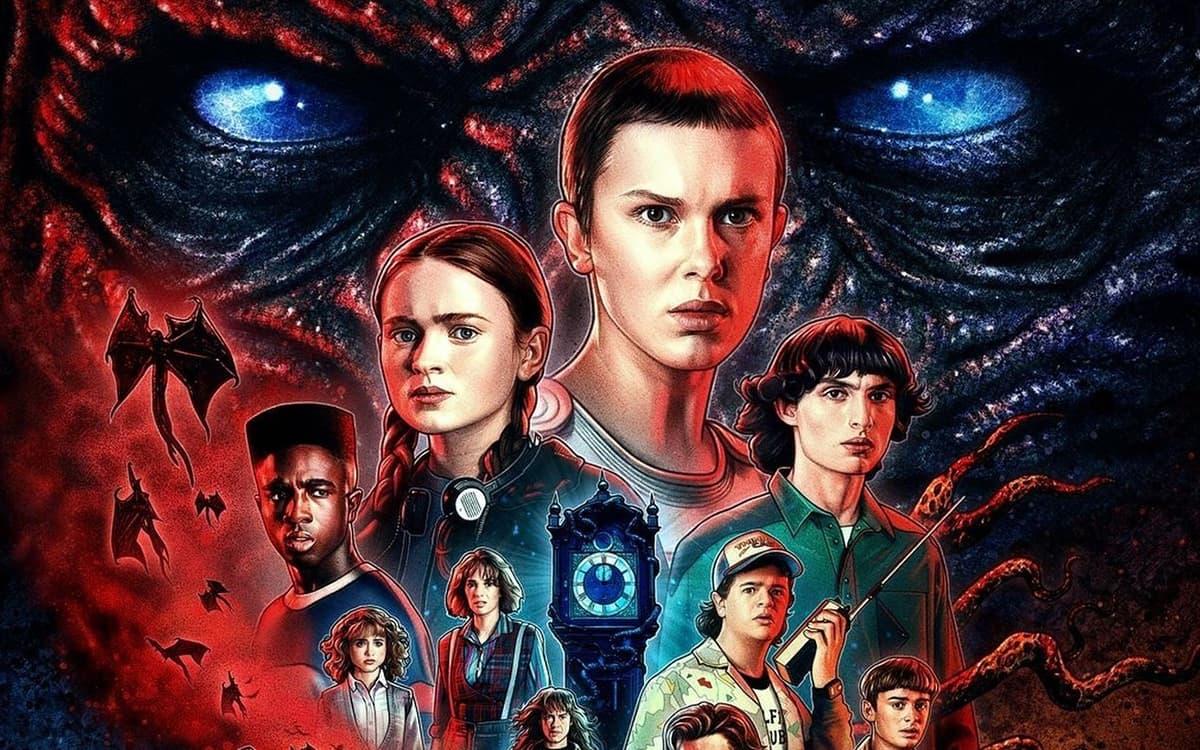
In order to better track my various cultural experiences (e.g., movies, TV shows, books, restaurants), I’ve created the Cultural Diet. Think of it as my own personal Goodreads, Letterboxd, and Yelp, all rolled into one (more info here). Every month, I recap everything that I watched, read, etc., in the previous month.
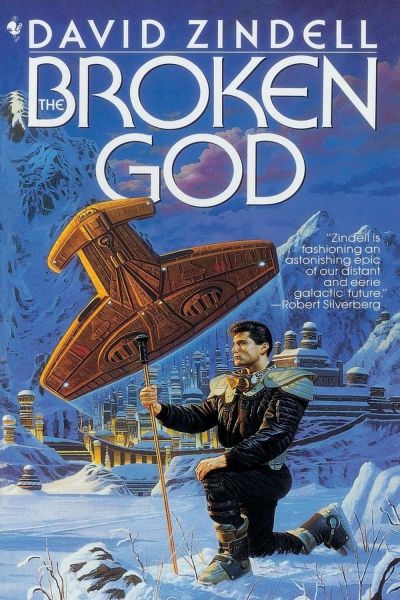
David Zindell’s Neverness is one of the more interesting sci-fi novels I’ve ever read, and The Broken God picks up where it left off. Zindell’s prose is often breathtakingly beautiful and his world building is ambitious but he’s also prone to heady philosophizing and meandering narratives that can pretentious.
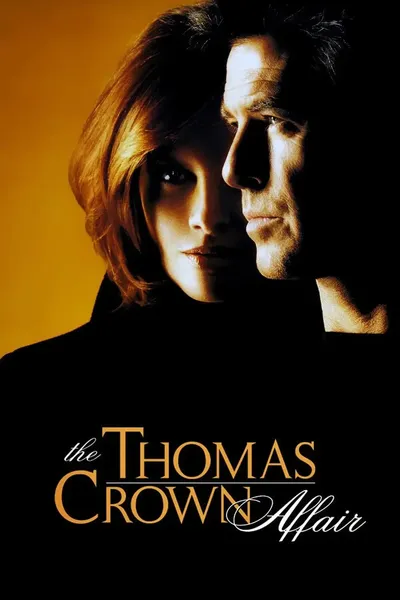
This movie clearly wants to be suave and sophisticated, and maybe it was back in 1999. But now, it’s just… not. Also, it’s hard to believe that John McTiernan — of Predator, Die Hard, and The Hunt for Red October fame — directed this. Those films are so lean and efficient in their storytelling, and The Thomas Crown Affair is… not.

My second viewing. Predictably, it didn’t blow me away like it did during my first viewing, and some of its flaws are more apparent. But it still remains as weird and earnest and ambitious as ever, and the family drama hits just as hard. The last 20 minutes or so get pretty heavy-handed but not going to lie: I definitely got choked up. I want to be Waymond Wang when I grow up.
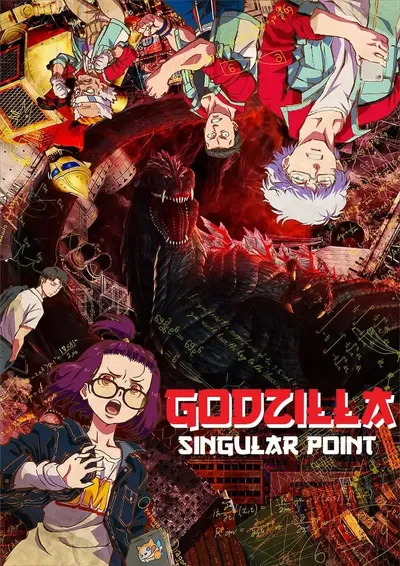
When is a Godzilla title not a Godzilla title? When it’s Godzilla Singular Point. Sure, there are plenty of kaiju and even a version of Jet Jaguar, but it’s bogged down with technobabble about ancient prophecies, extra-dimensional lifeforms, time-bending supercomputers, and something called an “Orthogonal Diagonalyzer.” I guess I want more spectacle from a Godzilla title, and less labyrinthian, Evangelion-esque mythology.
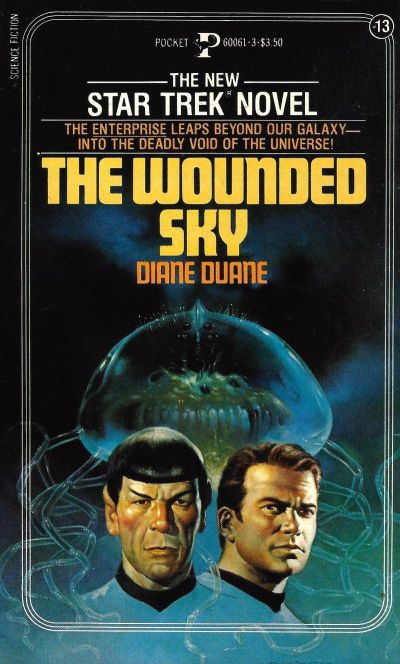
I love this utterly bizarre and super-metaphysical Star Trek novel in which the Enterprise uses an experimental engine built by a singing glass spider to travel to another universe where there’s no entropy, the crew’s thoughts all start to run together, and a proto-god threatens both universes. Written way back in 1983, it feels unique and blissfully free of any franchise “baggage.”
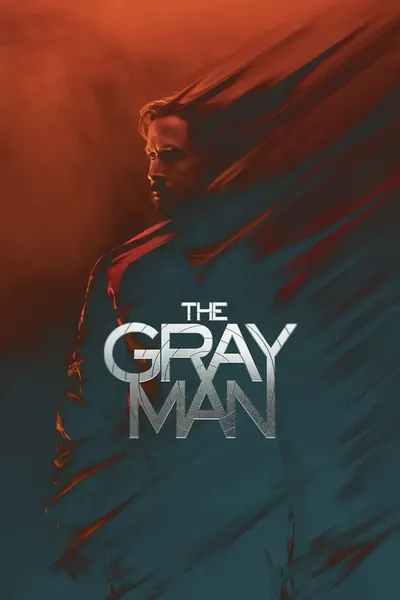
I’m not sure why this cost $200 million. Was it all of the crazy drone shots? Chris Evans’ mustache? All kidding aside, the movie’s OK, but it’s basically a series of ludicrous action sequences looking for a reason to exist. (Mind you, some of the action sequences are pretty impressive. I wouldn’t mind hearing some behind-the-scenes stories in a “Stuntmen React” video.)
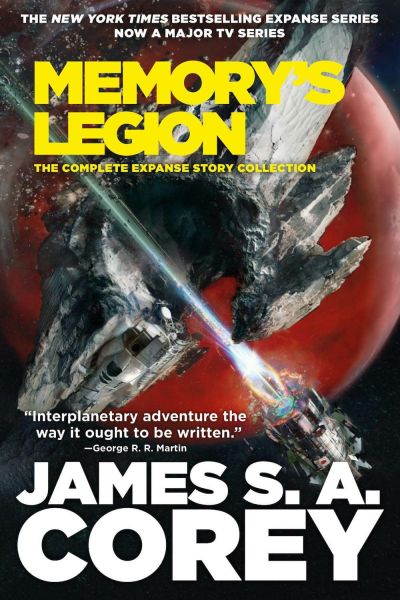
This collection of short stories and novellas isn’t necessary reading if you enjoyed the Expanse novels, but it does flesh out some of the characters, both main and secondary. I think my favorite story was probably “The Churn,” a dark and disturbing tale from Amos Burton’s younger days, followed by “The Vital Abyss,” which explores Paolo Cortázar’s research into the alien protomolecule.
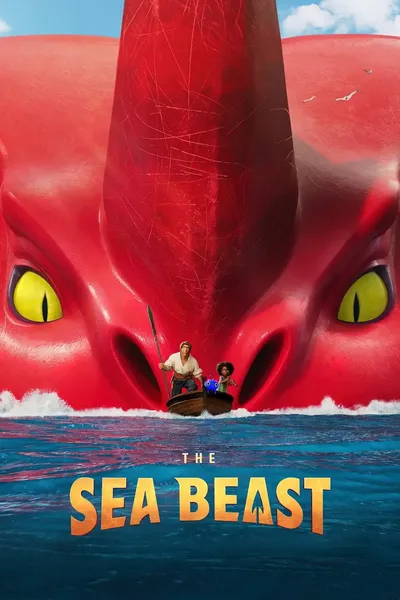
I liked the film’s concept and the first half is filled with delights not too dissimilar from the Pirates of the Caribbean movies. Unfortunately, the script feels unfinished. Several story points just end and aren’t explored to a satisfying degree despite being presented as really significant. As such, the film founders about halfway through. I did appreciate its underlying anti-elite message; I just wish more had been done with it.
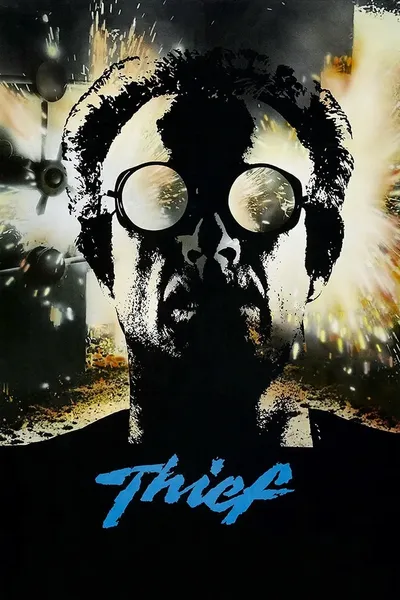
It seemed only fitting to watch this in light of James Caan’s recent death. Stylish and technically precise to a fault, as expected from a film directed by Michael Mann, with a trippy score by Tangerine Dream. I’d love to visit the rain-soaked, neon-lit version of Chicago as captured through Mann’s lens.
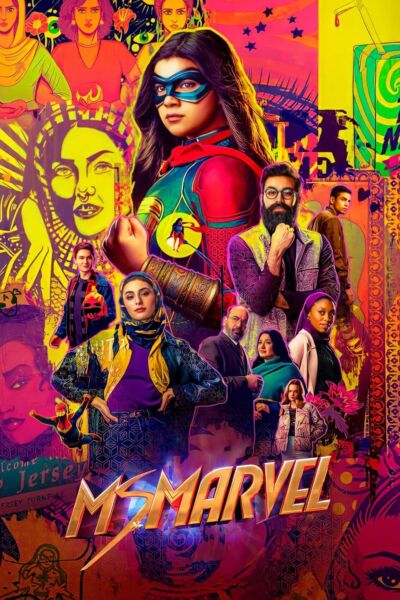
My favorite MCU title in a long time, with style, energy, and humor reminiscent of Into the Spider-Verse (a very good thing). The season falters a bit in the middle — the Karachi episodes feel like they’re from a different series/season altogether — but it begins strong and ends well. I almost wish Ms. Marvel was disconnected from the larger MCU for a little while longer so that it could remain its own special thing unbeholden to a larger mythos. Also, Abbu Hulk forever!
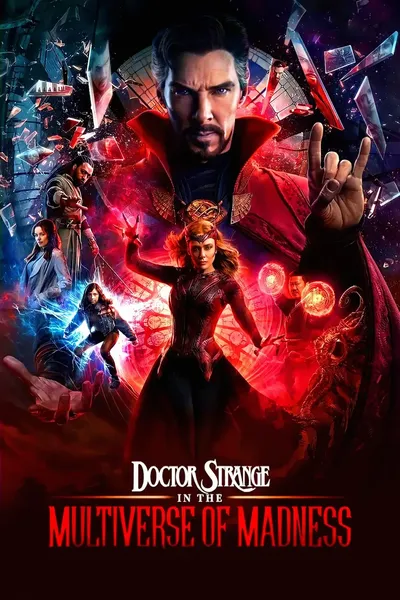
So maybe Sam Raimi and the MCU weren’t such a great match, after all. Some cool visuals, but the obvious Raimi-isms really felt out of place to me. As for the story, it was OK, but nowhere near as thrilling, interesting, or thought-provoking as the first Doctor Strange movie.
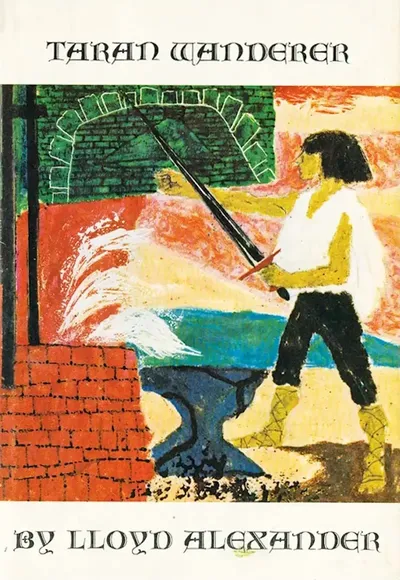
I’ve been slowly making my way through Alexander’s Prydain series over the last year or so. I never read them as a kid, but given how much I like them as an adult, I think 11-year-old Jason would’ve loved them. This book, in particular, contained some poignant ruminations on honor, duty, and freedom.
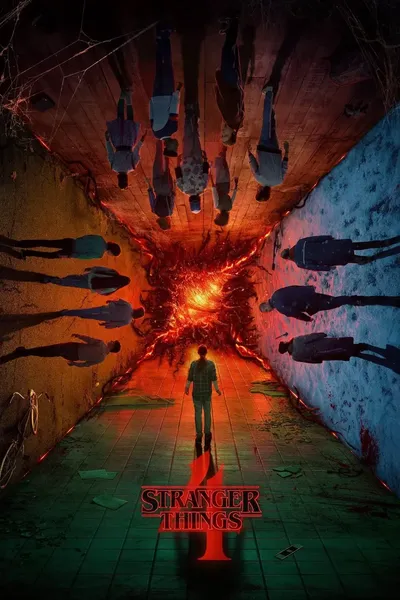
Overall, I enjoyed this season a lot more than season three, but it could’ve done without one or two storylines (the Russia storyline, in particular, dragged quite a bit). It felt like the Duffers wrote themselves into a corner after season three, and had to spend most of season four untangling things. Even so, it’s still Stranger Things, and therefore, filled with wonderful moments (e.g., “Running Up That Hill,” “Master of Puppets,” Hopper’s confession).
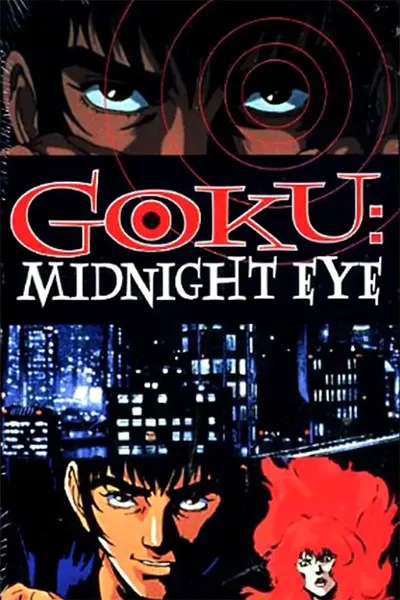
Another “classic” anime OVA from late ’80s. Given both its stylish animation and ultra-gratuitous content, I should’ve guessed that it was directed by Yoshiaki Kawajiri (of Ninja Scroll and Wicked City fame). I don’t really recommend this one, though the old-school cel animation was kind of refreshing to watch. Also, nothing looks cooler than futuristic Tokyo cityscapes as depicted in ’80s anime.
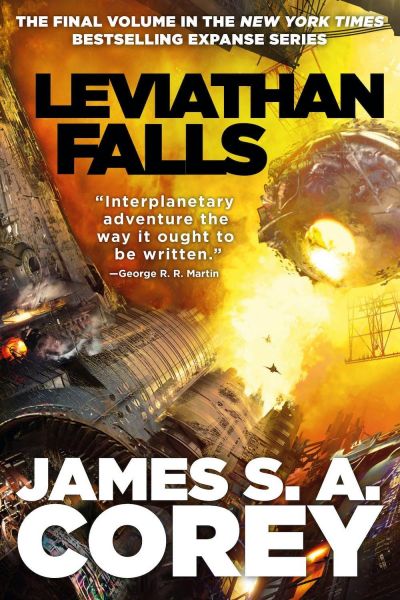
Well, Daniel Abraham and Ty Franck pulled it off. After nine books, they wrapped up The Expanse in a way that’s both very fitting and rewarding, but also leaves behind some interesting ethical/philosophical questions about the character’s actions. And I appreciate how the book jumps back and forth between cynicism and optimism concerning humanity right up until the final pages.
For more, check out the full cultural diet.